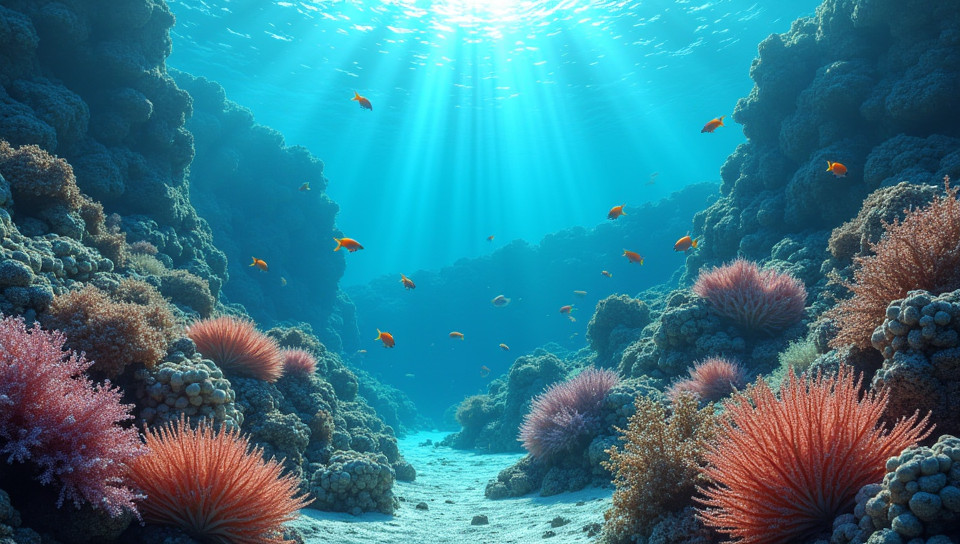Coral reintroduction enhances marine life habitats 94%

The Future of Marine Life: How Coral Reintroduction is Revolutionizing Ecosystems
In recent years, coral reefs have been facing unprecedented threats, from climate change to overfishing and pollution. These vital ecosystems, which support an incredible array of marine life, are on the brink of collapse. However, conservation efforts are underway to restore the health of our oceans, and one promising solution is coral reintroduction.
The Importance of Coral Reefs
Coral reefs are some of the most biodiverse ecosystems on the planet, providing habitat for countless species of fish, invertebrates, and algae. They also protect coastlines from erosion, support commercial fisheries, and provide a source of income for millions of people through tourism. Without coral reefs, these ecosystem services would be lost, with devastating consequences for marine life and human communities.
The Threats to Coral Reefs
Coral reefs face numerous threats, including:
- Rising sea temperatures due to climate change
- Overfishing and destructive fishing practices
- Coastal development and pollution
- Crown-of-thorns starfish outbreaks
These cumulative impacts have led to widespread coral bleaching, reduced fish populations, and a loss of ecosystem resilience.
Coral Reintroduction: A Solution to Ecosystem Decline?
Coral reintroduction involves transplanting healthy coral colonies from one location to another, often as part of broader conservation efforts. This approach can help restore degraded reefs, enhance biodiversity, and promote ecosystem recovery.
Benefits of Coral Reintroduction
Research has shown that coral reintroduction can have a range of benefits for marine ecosystems:
- Increased coral cover and reduced erosion
- Enhanced fish populations and improved fisheries
- Improved water quality and reduced pollution
- Support for commercial tourism and local economies
Challenges and Opportunities Ahead
While coral reintroduction holds promise, it is not without its challenges. These include finding suitable donor sites, ensuring the health and viability of transplanted corals, and addressing ongoing threats to reef ecosystems.
However, despite these challenges, coral reintroduction remains a vital tool in the fight against ecosystem decline. As we continue to develop and refine this approach, we can hope for a brighter future for marine life and the communities that depend on them.
Conclusion
The success of coral reintroduction is a testament to the power of conservation efforts and the importance of protecting our oceans. By working together to restore and preserve coral reefs, we can ensure the long-term health of these vital ecosystems and support the incredible diversity of marine life they support. The future of our oceans depends on it.
- Created by: Matteo Schulz
- Created at: Nov. 9, 2024, 11:07 a.m.
- ID: 15652








